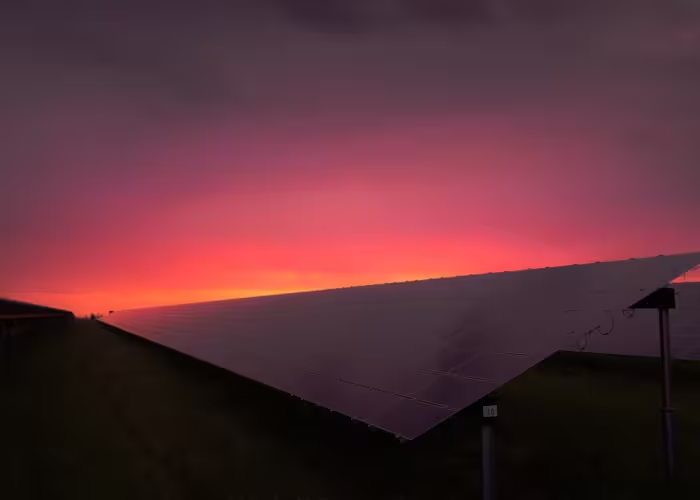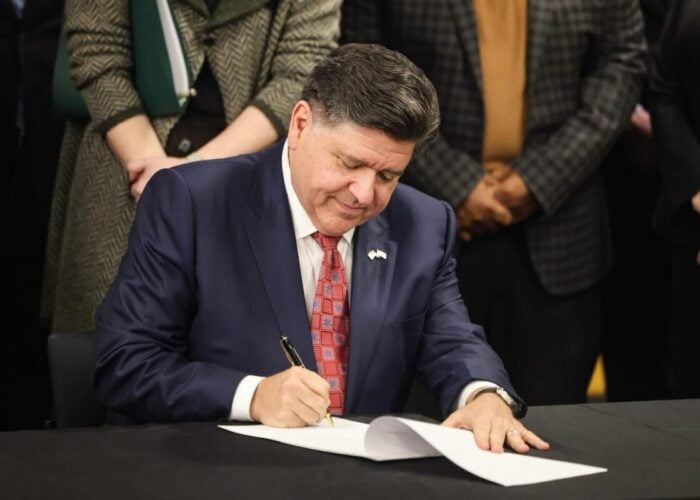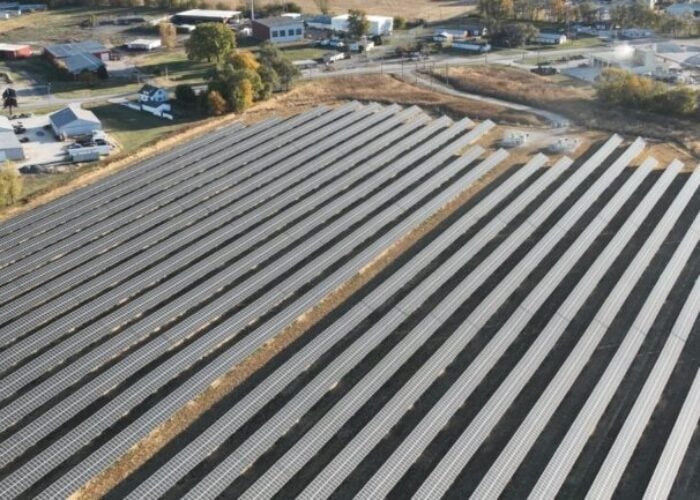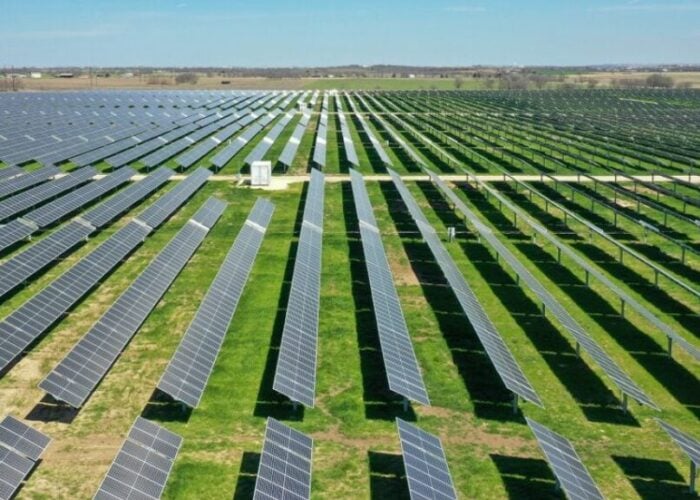
The Trump administration has stifled solar and other renewables development on public lands in the US, achieving less than the Obama administration and hindering the country’s renewable energy transition.
That damning verdict has been delivered within a report published today by the Center for American Progress, whose authors Nicole Gentile and Kate Kelly have slammed the US President’s hostility towards and neglect of renewables.
Try Premium for just $1
- Full premium access for the first month at only $1
- Converts to an annual rate after 30 days unless cancelled
- Cancel anytime during the trial period
Premium Benefits
- Expert industry analysis and interviews
- Digital access to PV Tech Power journal
- Exclusive event discounts
Or get the full Premium subscription right away
Or continue reading this article for free
The think tank said that President Trump’s “antipathy” towards renewables had been reflected in his administration’s policies, highlighting the imposition of new trade tariffs and opposition to continued tax credits as having cost jobs, stunted growth and impeded decarbonisation of the US’ power system.
The report also argues that the administration has exhibited “equal parts neglect and hostility” towards wind and solar companies, highlighting recent decisions from the US Department of the Interior to grant relief to the domestic oil and gas industry while issuing retroactive rent bills to solar and wind developers.
It goes on to suggest that its analysis provides evidence that Trump’s government has stymied responsibly sited wind and solar projects on public lands, “squandering the momentum generated by the Obama administration” that preceded it.
The full analysis – which can be read here – effectively grades the Trump administration on five specific categories necessary in advancing renewables developments on public lands. It shows that;
- The Trump administration has approved fewer renewables projects than the Obama administration had at the same point of its first term;
- Wiped out the Bureau of Land Management’s renewables permitting office;
- Scrapped landscape-level renewable development plans;
- Slowed and in some cases stopped competitive renewable energy lease offers, and;
- Given priority access to oil and gas lobbyists at the expense of those in renewable energy.
Furthermore the report argues that the ongoing coronavirus pandemic has “amplified” the Trump administration’s attacks on renewables through the uneven treatment of the clean energy and fossil fuel sectors in stimulus measures.
While the Trump administration did indeed resist calls to include an extension of the solar Investment Tax Credit (ITC) in the country’s first COVID-related economic stimulus bill earlier this year, a new Bill, tabled earlier this week by House Democrats, has sought to introduce a raft of new legislative measures to support solar and other renewable energies in the US.
The CAP report goes on to issue a number of recommendations that could “kickstart responsible clean energy development”, including establishing an ambitious goal of permitting around 30GW of renewable energy developments on public lands and water by 2030, more than double the current capacity.
It has also called on the Department of the Interior to reestablish and fund renewable energy offices within various sub-departments.
“Nearly four years into the Trump administration, the renewable energy industry is looking worse for the wear. At a time when the nation’s leaders should be working to address climate change and rebuild a just economy that will serve all families, the Trump administration has, instead, actively undermined progress of solar and wind energy development, particularly on public lands and waters,” the report’s conclusion reads.
“The Trump administration’s disparate treatment of the renewable energy and oil and gas industries during the COVID-19-fueled economic downturn has brought this troubling pattern into sharp focus. An administration looking to transition to a clean energy economy and create jobs should start with ramping up responsible clean energy development on U.S. public lands and waters.”






